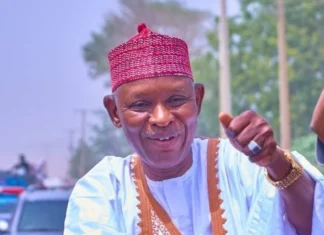By Francis Ogwo
About N29.3trillion naira was spent by the Federal Government of Nigeria in the last 10 years on (non-debt) recurrent expenditure with the government earning N33.2 trillion as revenue within the period under review.
This was made public from data compiled from the budget implementation report of the federal government compiled and published by the Budget Office of Nigeria.
According to the report, Nigeria’s recurrent expenditure includes spending on personnel expenses, pensions, and gratuities, service-wide votes, and overheads. It has consumed about 50.6% of total budget expenditure and 88.5% of revenue in the last decade.
Nigeria is amid an economic crisis brought upon by the fall in oil prices and more recently the covid-19 pandemic.
The Federal Government depends on about 33% of its actualized revenue since 2015 when oil prices started their sustained fall. It was about 55% between 2013 and 2015.
With oil revenues falling, the impact of a continuous increase in recurrent expenditure has widened Nigeria’s fiscal deficits closing at N6.1 trillion in 2020, the highest since we started tracking records in 2009.
The high spending of Nigeria on recurrent expenditure has been frowned at by experts as high as compared to capital expenditure and that it is a negative omen to economic growth.
Nigeria has recorded a budget deficit every year since 2009 averaging about N1.1 trillion in the 5 years before the Buhari Administration came into power in 2015. However, since 2015, budget deficits have averaged N3.3 trillion.
The government budget deficits have meant increased borrowing, exacerbating the situation.
Last year, Nigeria borrowed N2.8 trillion from the central bank via the Ways and Means provisions. To service this borrowing, about N3.2 trillion was spent in 2020, once again the highest on record.











